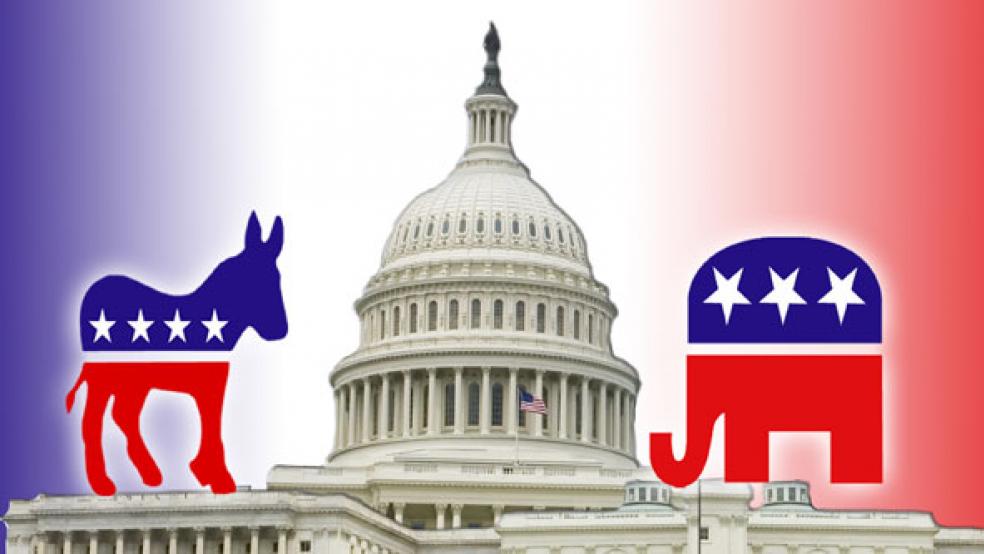With little fanfare, President Obama signed the bipartisan budget agreement in Hawaii on Thursday and then set off for a brisk hike with First Lady Michelle Obama and their daughters along a popular trail in Oahu.
Meanwhile, back in Washington, House and Senate Appropriations Committee leaders and staff soldiered through the Christmas holiday racing to translate the budget document into a massive trillion dollar omnibus spending bill to keep the government operating beyond a Jan. 15 deadline.
Related: The Other Political ‘Odd Couple’ Could Stir Things Up
The book is closing on a year of emotionally draining political battles over spending and Obamacare that culminated in a 16-day government shutdown in October and historically low approval ratings for Congress and the president.
At this point, it is almost unthinkable that House Appropriations Committee Chairman Harold Rogers (R-KY) and Senate Appropriations Chairwoman Barbara Mikulski (D-MD) will falter in forging a compromise blue print for defense and domestic discretionary spending by early next week. Without one, Congress and the administration would have to once again limp along under a short-term continuing resolution and another round of unpopular across-the board cuts.
The relatively modest two-year budget deal that the president signed out of the sight of reporters lets the appropriators make the critical decisions about how the $1 trillion of annual discretionary funds will be divvied up or allocated among the various government spending accounts in fiscal 2014 and 2015. Budget negotiators intentionally skirted consideration of tax and entitlement reforms in order to come up with a compromise palatable to Republicans—who oppose any additional boost in tax rates—or Democrats who oppose cuts in Medicare, Medicaid and Social Security.
The budget agreement provides $63 billion in relief from sequester cuts over two years, split evenly between defense and non-defense programs. In fiscal year 2014, defense discretionary spending will be set at $520.5 billion, while non-defense discretionary spending will total $491.8 billion.
The budget deal also calls for $85 billion of savings and deficit reduction, partly achieved by increases in an airport security tax and a fee corporations pay to have pensions guaranteed by the government. The savings also include a highly contentious provision to pare down annual cost of living increases in benefits for military retirees under age 62.
Related: Obamacare—The Lump of Coal in America’s Stocking
Republican appropriators were expected to try once again before next week to cut spending for the Internal Revenue Service and the Department of Health and Human Services to block implementation of the Affordable Care Act. GOP and Democratic appropriators were also likely to fight over Environmental Protection Agency regulations governing coal-fired power plants and implementation of the Dodd-Frank financial reforms.
However, Rogers signaled this week that he and Mikulski had agreed to limit contentious policy “riders” or amendments that can tie up a spending bill.
“We have a chance to prove to the rest of the Congress that we can produce bills,” Rogers told The New York Times in an interview, adding that it won’t be easy. “It has been a real struggle and tough at times.”
In an email on Thursday, senior Obama adviser Dan Pfeiffer hailed the budget agreement as an encouraging sign that Washington is capable of getting things done when it wants to.
“For the first time in years, both parties in Congress came together and passed a budget,” he said. “This budget doesn’t include everything that everyone wanted – but our economy will grow a little faster, be a little fairer for middle-class families, and create more jobs because of it.”
Top Reads from the Fiscal Times:





